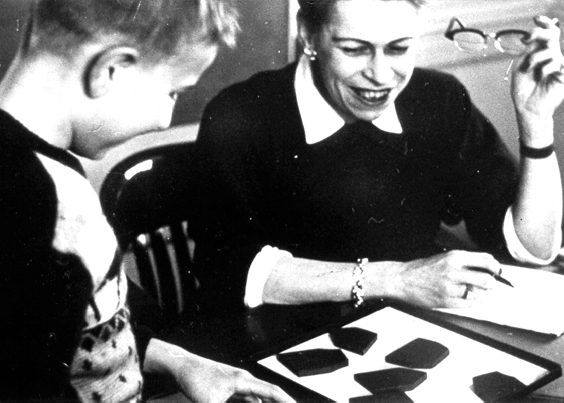
Most parents of autistic children understand that medications are only one part of the autism treatment equation. But the practice of formally training parents to better handle their kids is gaining credibility in the clinical community. One can’t expect adults who have no experience with developmental disorders to be experts on the subject. No one expects such a diagnosis, and the process of adjusting to this new reality can take years.
New clinical evidence, however, points to parental training as a significant contributor to the ultimate success of various treatment plans. A study sponsored by the National Institutes of Mental Health involved more than 100 children, aged 4 to 13, who’d been diagnosed with autism or other developmental disorders like Asperger’s. Subjects received one of two treatments: the popular antipsychotic drug risperdone in isolation or the same drug combined with at least 11 individual parental training sessions.
The instructional sessions lasted 60 to 90 minutes and aimed to teach affected parents to help their autistic children communicate, follow given commands and minimize their repetitive behaviors. Parents learned to use stern but positive reinforcement in ways tailored to better accommodate autistic kids.
The study’s results were encouraging: the children enrolled in the combination therapy program made more significant behavioral gains, reducing irritable, tantrum-like behaviors to a greater degree than those treated only with risperdone. The doctors involved also saw fit to slowly reduce the medications of many combination kids, resulting in smaller daily doses. Unfortunately, risperdone causes potentially damaging side effects, the most prominent being accelerated weight gain. The children who took lower doses of the drug still gained abnormal amounts of body weight during the study.
The influence of the training sessions was not strong enough to change the entire equation. Medication played the most powerful role in this study despite the presence of the parent-training variable. But the unstated implications of this study are significant: parents trained by professionals to be ultra-sensitive to their children’s needs may ultimately be able minimize the need for medication or do away with it entirely. This change won’t come about any time soon, but parents who are rightly concerned about pharmaceutical side effects may have viable alternatives at their disposal in the foreseeable future.